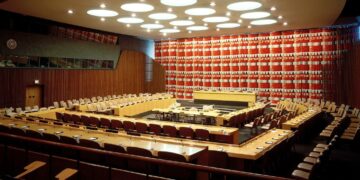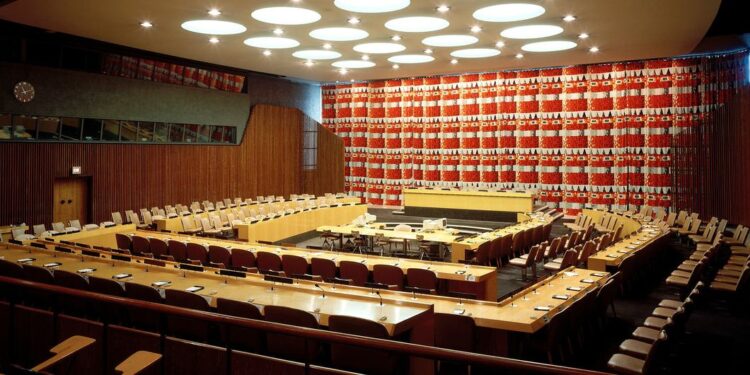New York — In a significant development for Africa’s representation on the global development stage, four African nations—Mozambique, Sierra Leone, Burundi, and Chad—have been elected to serve three-year terms on the United Nations Economic and Social Council (ECOSOC) beginning 1 January 2026.
The election, held on Wednesday at the UN General Assembly in New York, saw an overwhelming show of support for the African bloc, with Mozambique and Sierra Leone each receiving 186 votes, Burundi 184, and Chad 183, far exceeding the required two-thirds majority of 126.
This strong endorsement underscores the growing role African countries are playing in shaping the global sustainable development and economic agenda. ECOSOC is the principal UN body responsible for coordinating international economic and social policies and development cooperation, and African voices in the Council are critical to ensuring inclusive and equitable progress.
Strategic Gains for Africa
With these new appointments, the continent strengthens its influence in global policy discussions around key challenges such as poverty eradication, climate change, public health, gender equity, and digital transformation—areas where Africa seeks accelerated investment and cooperation.
The new African members bring diverse regional perspectives: Mozambique, a leader in climate resilience and natural gas development; Sierra Leone, known for democratic recovery and social policy reform; Burundi, a post-conflict nation working toward economic reconstruction; and Chad, a landlocked Sahelian country facing acute humanitarian and development challenges.
Their inclusion in ECOSOC is expected to reinforce Africa’s collective push for reform in international financing and trade systems, as well as fairer access to green technologies and pandemic preparedness resources.
Global Dynamics
Beyond Africa, the election saw new members from all regional groups, including China, India, Turkmenistan, Lebanon (Asia-Pacific); Croatia, Ukraine, Russia (Eastern Europe); Ecuador, Peru, Saint Kitts and Nevis (Latin America and Caribbean); and Finland, Türkiye, Australia, Norway (Western Europe and Others).
The United States and Germany were also elected in a special by-election to replace Italy and Liechtenstein, with terms running through 2026 and 2027, respectively.
Notably, Russia returned to ECOSOC after winning a second-round run-off against Belarus, a tightly watched contest in the Eastern European group.
Why It Matters
ECOSOC membership enables countries to: shape the direction of global development initiatives; influence multilateral funding and aid frameworks; lead or participate in commissions such as the Commission on the Status of Women and the Commission for Social Development; and promote partnerships between governments, the private sector, and civil society.
The election of four African states sends a strong signal about the continent’s readiness to lead in key global policy arenas, especially as Africa continues to advocate for more equitable representation in international institutions.
With the African Union’s Agenda 2063 and the UN’s 2030 Sustainable Development Goals (SDGs) as guiding frameworks, the new ECOSOC members are expected to leverage their seats to strengthen development outcomes not only within Africa but globally.











